Some meldonium users could escape punishment after WADA clarifies rules
A grey area around how long meldonium stays in your system means some athletes with low levels found in their sample could escape punishment
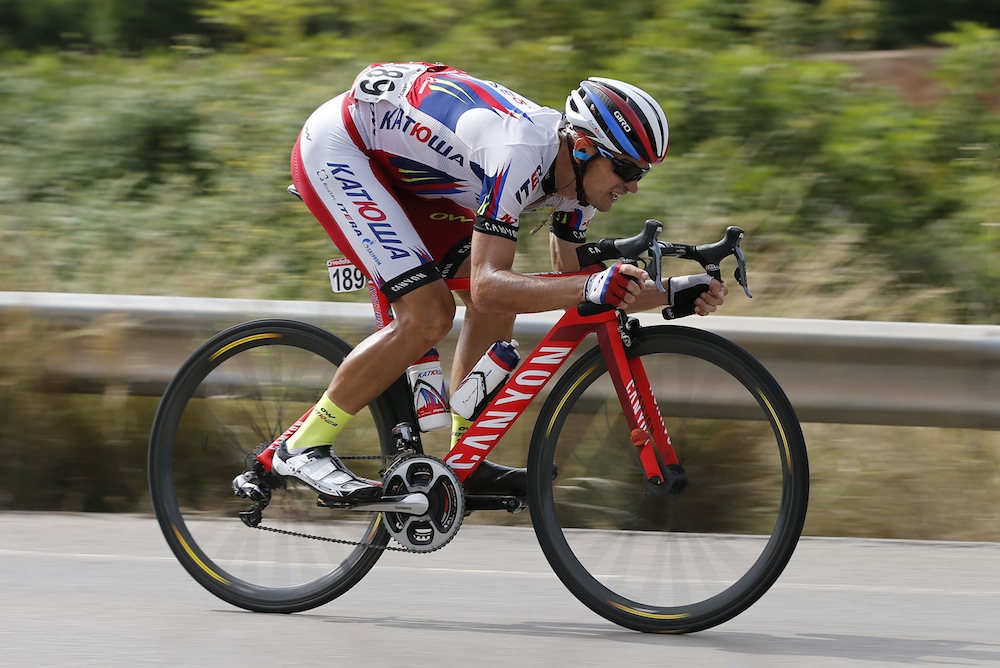
Eduard Volganov (Katusha) tested positive for meldonium early in 2016 (Sunada)
Athletes who have tested positive for meldonium may receive no punishment if less than one microgram of the drug was detected in their sample.
The drug was banned by the World Anti-Doping Agency on January 1 and only athletes failing a test before March 1 could be in for a reprieve due to the length of time that the drug could stay in an athlete's system.
A Latvian manufacturer of the drug claimed that it could take 'several months' for the drug to leave an athlete's body, meaning those who ceased taking it before January 1 could still have been caught out.
Now, a WADA ruling means some athletes may receive "negligence" or "no fault" rulings, according to insidethegames.biz.
"In the case of meldonium, there is currently a lack of clear scientific information on excretion times," WADA said in a statement.
"For this reason, a hearing panel might justifiably find (unless there is specific evidence to the contrary) that an athlete who has established on the balance of probabilities that he or she ingested meldonium before 1 January 2016 could not reasonably have known or suspected that the meldonium would still be present in his or her body on or after 1 January 2016.
"In these circumstances, WADA considers that there may be grounds for no fault or negligence on the part of the athlete.
Get The Leadout Newsletter
The latest race content, interviews, features, reviews and expert buying guides, direct to your inbox!
"Cases where the concentration is below 1 mcg and the test was taken before 1 March 2016 are compatible with an intake prior to January 2016.
>>> Why Maria Sharapova’s meldonium positive raises questions for cycling too
"If the anti-doping organisation finds that the athlete could not reasonably have known or suspected that the substance would still be present in his/her body on or after 1 January 2016, then a finding of no fault or negligence may be made."
Over 140 athletes have already tested positive for the drug since January 1, according to WADA, while Russian sports minister Vitaly Mutko claimed there could be several hundred athletes who had used the drug before its ban.
Katusha cyclist Eduard Vorganov was provisionally suspended in February after testing positive for the drug but is yet to be sanctioned.

Thank you for reading 20 articles this month* Join now for unlimited access
Enjoy your first month for just £1 / $1 / €1
*Read 5 free articles per month without a subscription

Join now for unlimited access
Try first month for just £1 / $1 / €1
Stuart Clarke is a News Associates trained journalist who has worked for the likes of the British Olympic Associate, British Rowing and the England and Wales Cricket Board, and of course Cycling Weekly. His work at Cycling Weekly has focused upon professional racing, following the World Tour races and its characters.
-
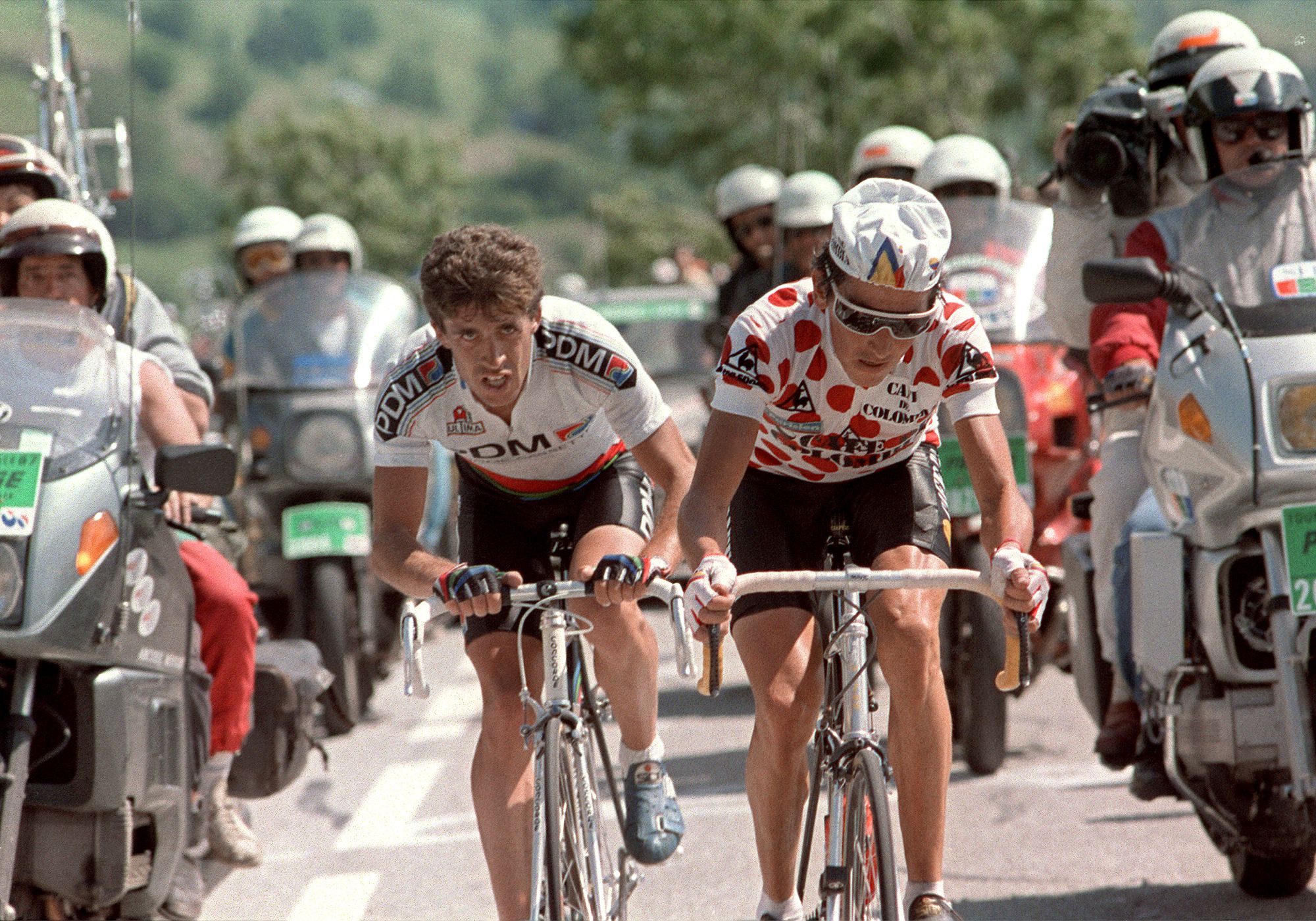 Colombian climbing star and former Vuelta a España winner Lucho Hererra could be investigated over murders of four people
Colombian climbing star and former Vuelta a España winner Lucho Hererra could be investigated over murders of four peopleA judge has called for an investigation into the former Vuelta winner who is alleged to have worked with paramilitary groups in Colombia
By Tom Thewlis
-
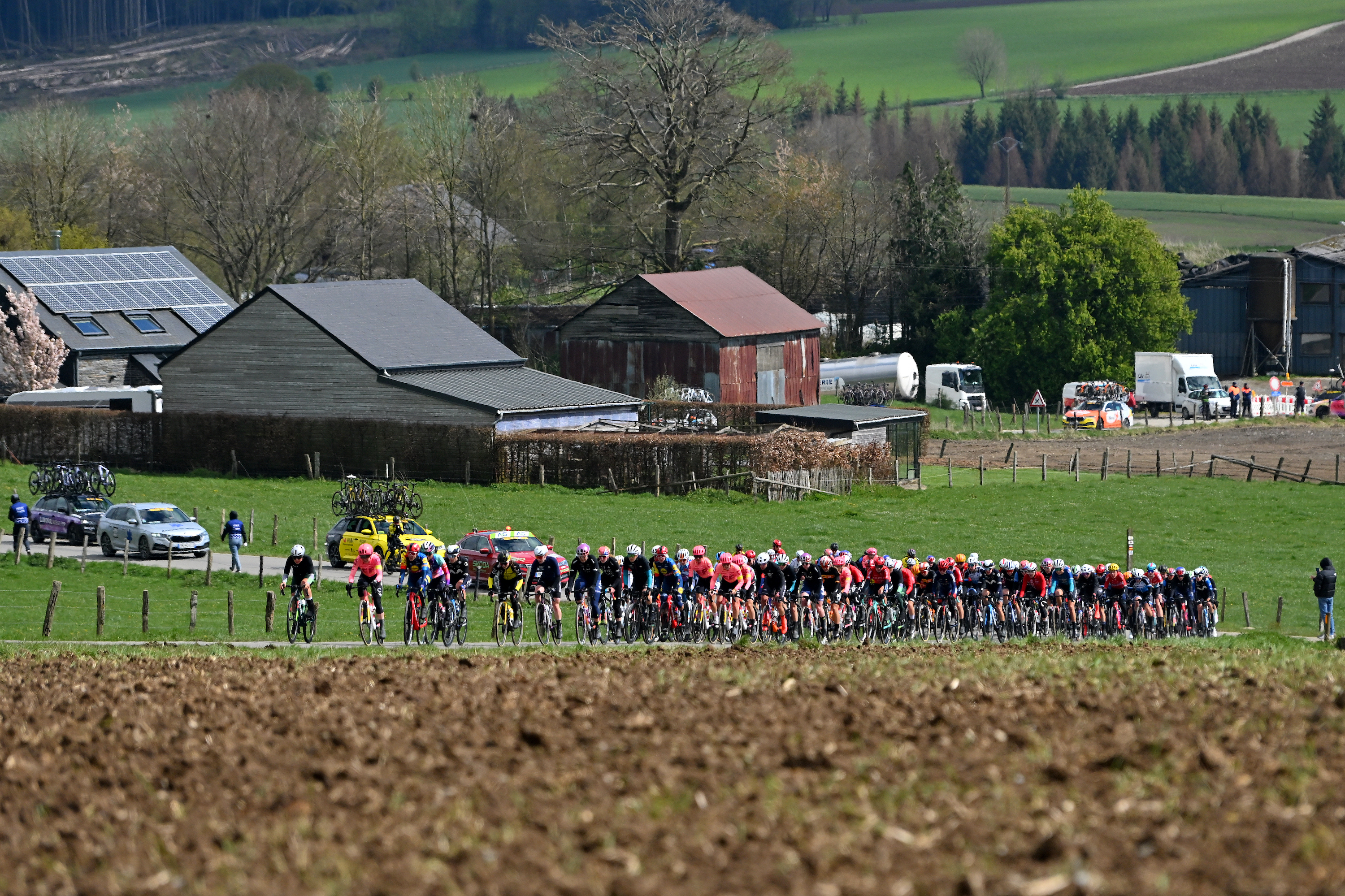 I rode the full course of Liège-Bastogne-Liège and it opened my eyes to the beauty of this under-appreciated race
I rode the full course of Liège-Bastogne-Liège and it opened my eyes to the beauty of this under-appreciated raceFlanders and Roubaix have been and gone. Forget about them – some of the most epic racing of this Classics season is on the horizon
By James Shrubsall
-
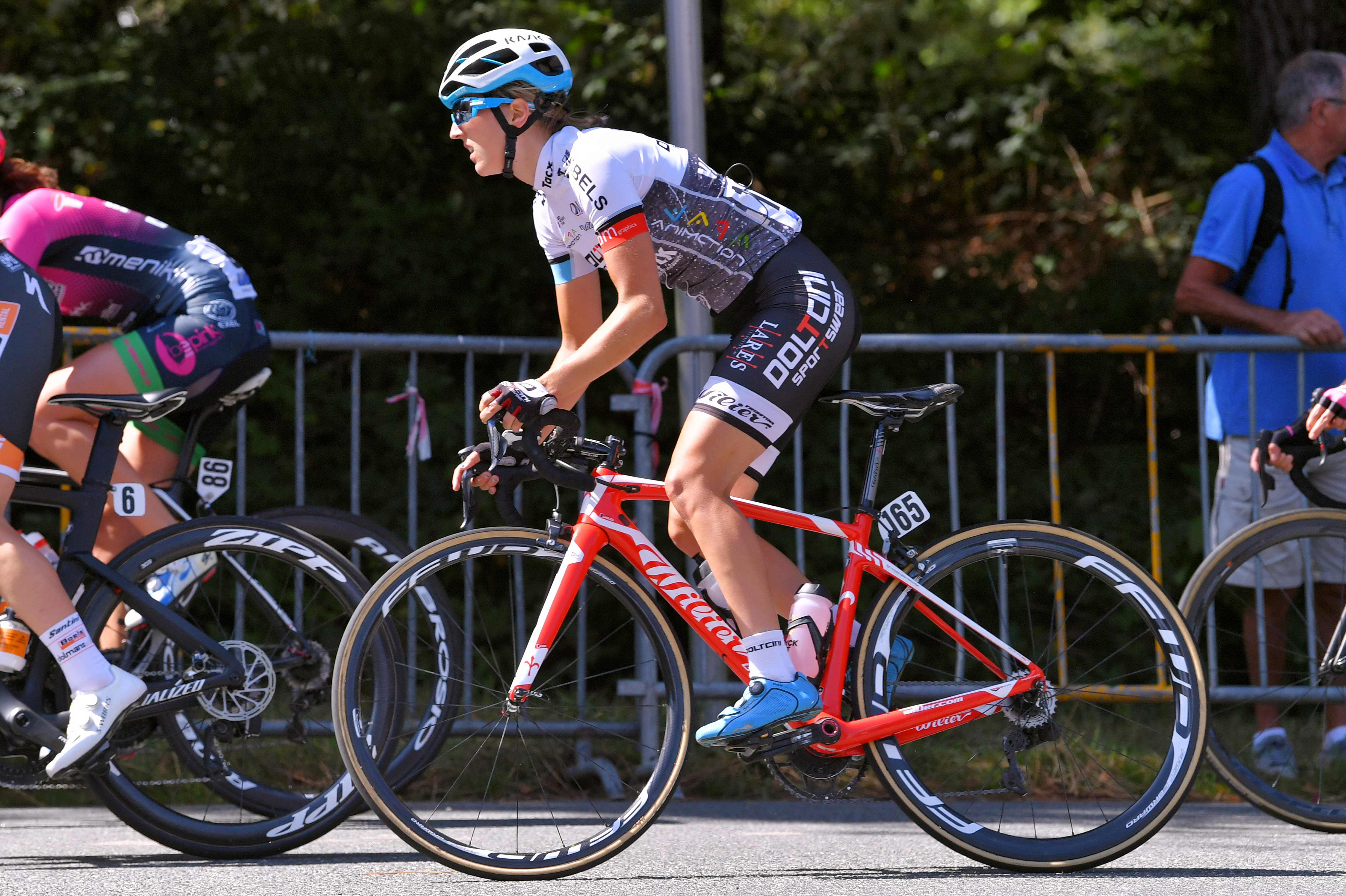 French cyclist given 10-month suspended prison sentence for doping
French cyclist given 10-month suspended prison sentence for dopingMarion Sicot said doping formed "an integral part" of cycling
By Tom Davidson
-
 French cyclist faces suspended prison sentence and €5,000 fine in doping trial
French cyclist faces suspended prison sentence and €5,000 fine in doping trialMarion Sicot, who admitted to taking EPO in 2019, is currently on trial in France
By Tom Davidson
-
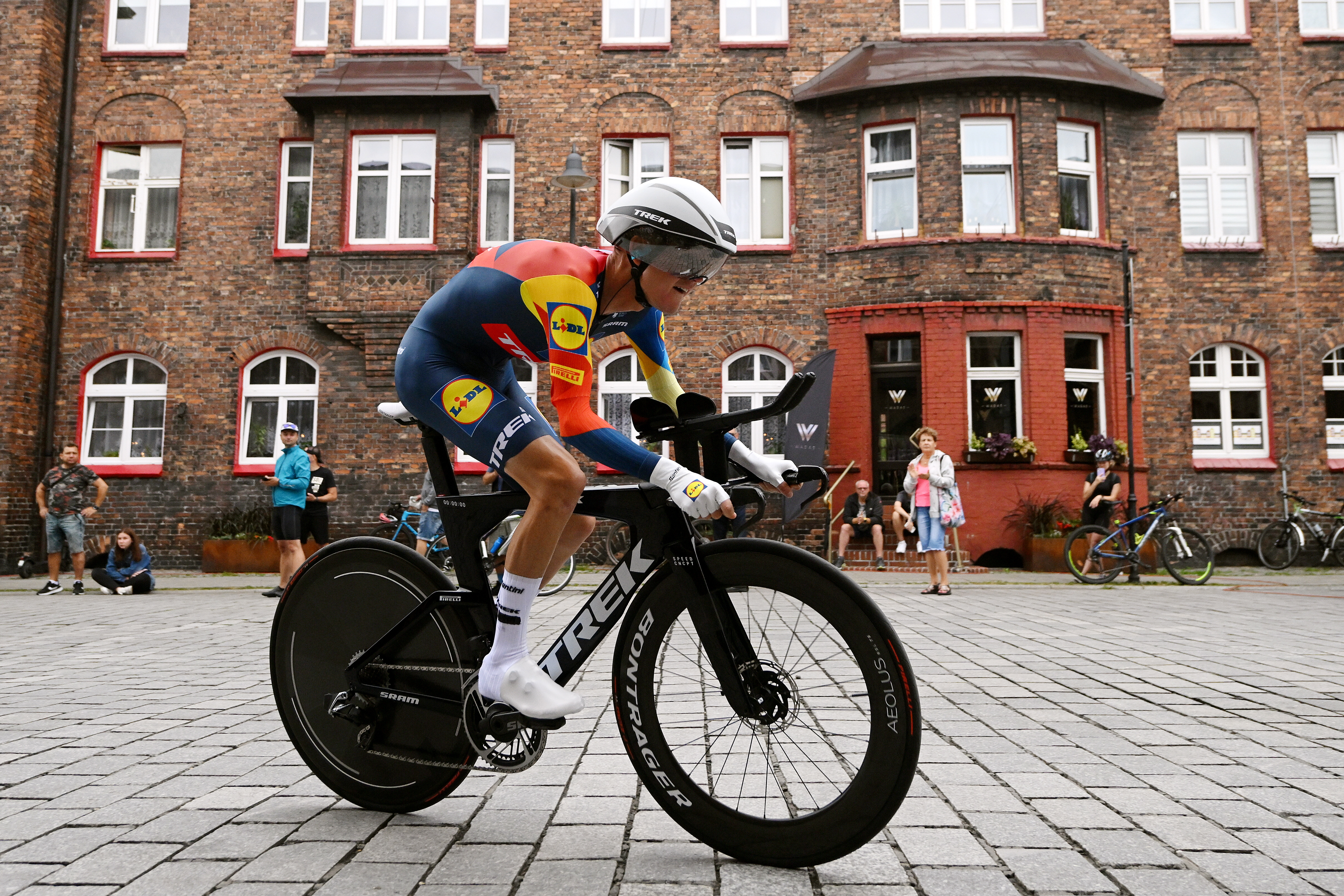 Steroids found in pro cyclist’s anti-doping test sample
Steroids found in pro cyclist’s anti-doping test sampleAntwan Tolhoek has been provisionally suspended by the UCI while proceedings are ongoing
By Tom Davidson
-
 Jonas Vingegaard reveals he missed an anti-doping test
Jonas Vingegaard reveals he missed an anti-doping test'It's not great to have a missed test hanging over you,' says Tour de France champion
By Tom Davidson
-
 Jumbo-Visma rider Michel Hessmann suspended after positive anti-doping test
Jumbo-Visma rider Michel Hessmann suspended after positive anti-doping testThe 22-year-old's out-of-competition sample detected the presence of diuretics
By Tom Davidson
-
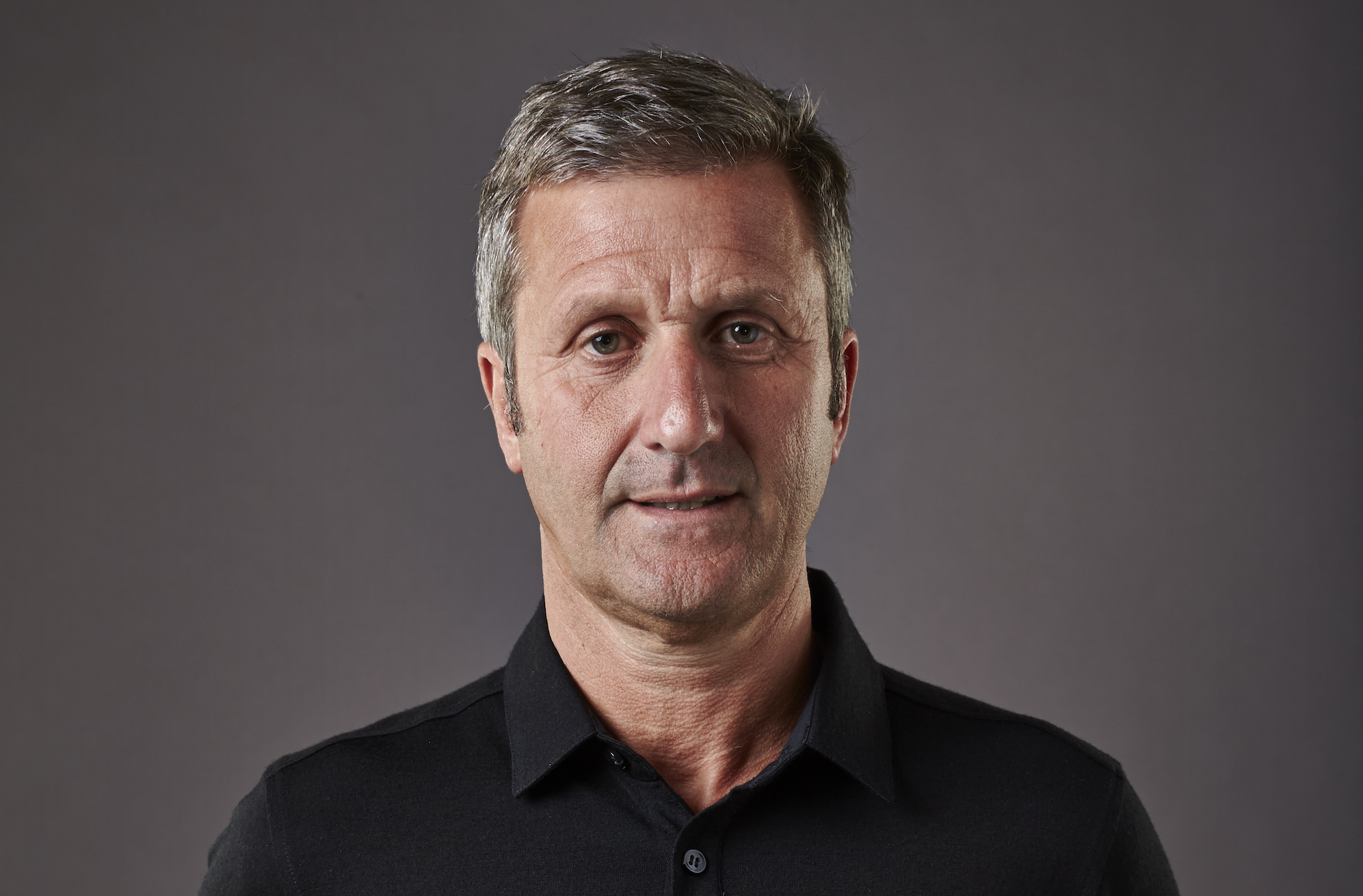 Former British Cycling doctor Richard Freeman given four-year doping ban
Former British Cycling doctor Richard Freeman given four-year doping banFreeman chose not to defend himself before the anti-doping panel
By Tom Davidson
-
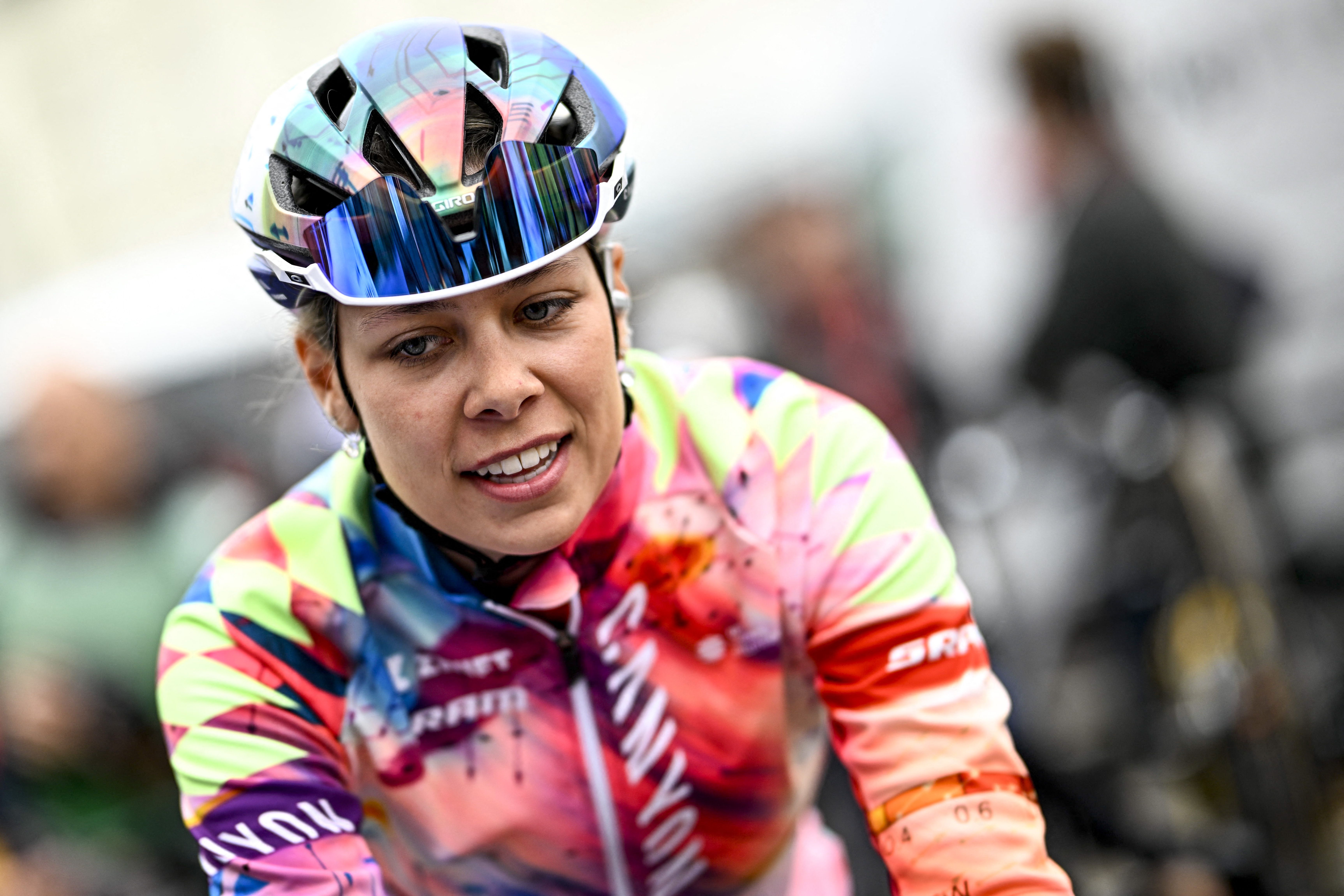 'We are not cheaters' says Belgian rider Shari Bossuyt after anti-doping positive
'We are not cheaters' says Belgian rider Shari Bossuyt after anti-doping positiveThe Canyon-SRAM rider tested positive for Letrozole in an anti-doping control in March
By Tom Davidson
-
 "Failing that drug test was the best thing that had ever happened to me"
"Failing that drug test was the best thing that had ever happened to me"Abuse victim and disgraced cycling champion Geneviève Jeanson finds solace in return to bike racing
By Anne-Marije Rook